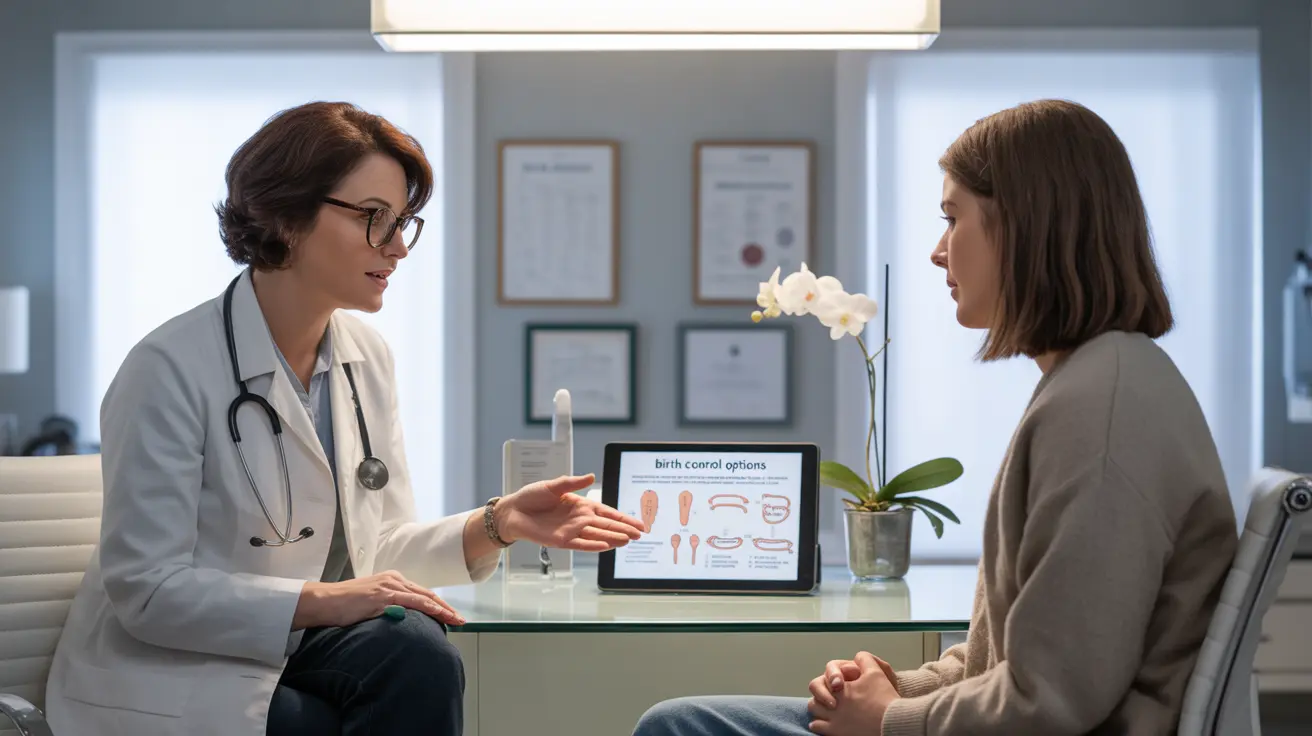Birth Control Options Available Through Primary Care
Primary care physicians are qualified to prescribe several common forms of contraception, including:
- Birth control pills (oral contraceptives)
- Contraceptive patches
- Vaginal rings
- Emergency contraception
- Birth control shots (Depo-Provera)
These healthcare providers receive comprehensive training in family planning and can help you choose the most appropriate contraceptive method based on your medical history, lifestyle, and preferences.
The Primary Care Appointment Process
Initial Consultation
During your first visit for birth control, your primary care doctor will:
- Review your medical history
- Discuss your contraceptive preferences
- Check for contraindications
- Measure your blood pressure
- Discuss potential side effects and benefits
Physical Examination Requirements
Many patients are relieved to learn that a pelvic exam isn't always necessary to receive birth control from a primary care doctor. The requirement for physical examinations depends on your medical history, chosen contraceptive method, and specific circumstances.
Primary Care vs. OB-GYN Services
While primary care doctors can handle most routine contraceptive needs, there are situations where an OB-GYN's expertise might be necessary:
When to See Your Primary Care Doctor
Visit your primary care physician for:
- Regular birth control prescriptions
- Basic contraceptive counseling
- Prescription renewals
- Simple contraceptive method changes
When to Consider an OB-GYN
Consult a gynecologist when you need:
- IUD insertion or removal
- Birth control implant placement
- Complex medical conditions affecting contraception
- Specialized reproductive health care
Alternative Access to Birth Control
In some states, pharmacists can now prescribe certain forms of birth control directly to patients. This option may provide additional convenience, though it's important to check your local regulations and requirements.
Frequently Asked Questions
Can a primary care doctor prescribe birth control pills, patches, or rings?
Yes, primary care doctors can prescribe various forms of birth control, including pills, patches, and rings. They are well-trained in contraceptive care and can help you choose the most appropriate option.
What birth control methods can I get from a primary care provider versus an OB-GYN?
Primary care providers can prescribe most hormonal contraceptives, including pills, patches, rings, and shots. OB-GYNs typically handle more complex methods like IUDs and implants, along with specialized reproductive care.
Do I need a pelvic exam to get birth control from my primary care doctor?
Not necessarily. While your doctor will evaluate your medical history and vital signs, a pelvic exam isn't always required to receive birth control. The need for an exam depends on your specific situation and chosen method.
Are pharmacists allowed to prescribe birth control without visiting a doctor?
In some states, pharmacists can prescribe birth control directly to patients after completing a screening process. However, regulations vary by location, so check your state's specific requirements.
When should I see a gynecologist instead of my primary care doctor for birth control options?
Consider seeing a gynecologist if you're interested in long-term methods like IUDs or implants, have complex medical conditions, experience unusual side effects, or need specialized reproductive care beyond basic contraception.




